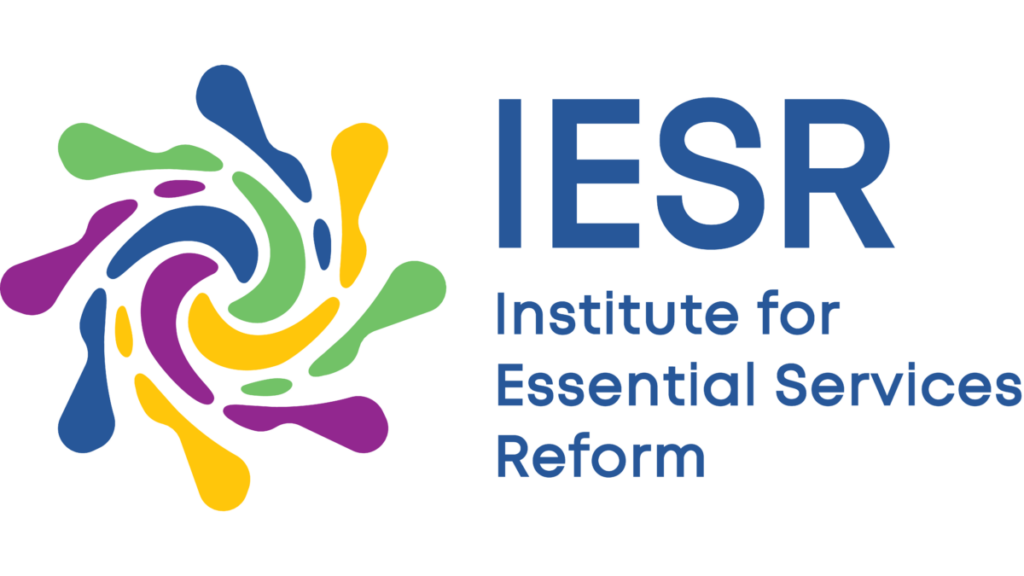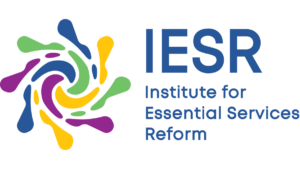Background
The industrial sector has a crucial role in driving Indonesia’s economy and is a significant energy consumer segment. According to the IEA’s 2020 study, approximately 37% of the country’s total energy consumption was attributed to industries. Yet, due to Indonesia’s heavy dependence on fossil fuels, the industrial sector emerges as a primary source of pollution within the nation. This situation jeopardizes the environment and exposes the sector to the unpredictable fluctuations of the global energy markets. Consequently, embracing decarbonization presents a threefold advantage – it aids in reducing carbon emissions, meeting certain market strict requirements & demand, and concurrently bolstering energy security.
There are eight industries that highly contribute to the overall greenhouse gas (GHG) emissions. These are cement, ceramic and glass, chemical, fertilizer, food and beverage, iron and steel, pulp and paper, and textile. These industries were collectively responsible for around 56% of the total GHG emissions in the industry sector in 2016 (CMEA, 2018). According to findings from an IESR study, energy consumption contributed to over 68% of the total industrial GHG emissions in 2017.
Although the Indonesian stakeholders have made notable progress and commitment toward decarbonizing the industry sector, this is simply insufficient. For example, the government of Indonesia and the National Electricity Company (PLN) agreed to aim for an additional 42.6 GW of renewable energy, or about 61% of the overall planned additional capacity (RUPTL 2025-2034). This target is comparatively low to other countries that have pledged a clean grid in the 2030s and 2040s. Nonetheless, this will still benefit the industry decarbonization effort, mainly for those players that rely on the on-grid power source, if the plan is well implemented.
In stark contrast, many industries in Indonesia still intensively use and continue building their off-grid power plants, aka captive. In 2023, 13-14 GW or 60% of the current total captive power plant capacity was coal-fired power plants (CFPP). This value is expected to grow until 2030, with an additional captive CFPP capacity of around 20 GW. In addition, there are also substantial LNG and natural gas power plants, both in use and in the pipeline. This highlights the urgency in decarbonizing the industry sector, including its fossil-fueled captive power plant.
An important step in substituting the fossil-fueled power supply, both from the on-grid or the captive plant, is deciding on which, when, and how said supply will be replaced and what renewable energy sources are feasible as a substitute, both from the technical, economic, and legal point of view. These decisions should be based on the facts, data, and rigorous analysis at the company level to determine the most beneficial pathway, including setting a baseline and target, calculating its cost and benefit, and procurement steps for each operator of said asset. Furthermore, building a rigid portfolio and preparing a robust communication plan and claims on these renewable energy procurement measures may be proven beneficial for said companies in treading certain market requirements while also attracting investor interest.
The Clean Energy Buyers Institute (CEBI) is collaborating with the Institute for Essential Services Reform (IESR) in adapting and delivering quality capacity building related to renewable energy procurement through the Renewable Energy Procurement Academy, or the academy for short, in Indonesia. The Academy activities include delivering in-person training to the strategic industry player representative to directly guide them in understanding the importance and steps in the renewable energy procurement.
Timeline Proposal
Prospective service providers must submit a proposal package consisting of a technical proposal (background, tasks to be implemented, methodology, schedule), a cost proposal (total proposed labor rates and other costs), and a relevant resume & portfolio. Proposal submission is open until October 7, 2025 at 11:59 PM WIB, addressed to the Program Manager Energy System Transformation at deon@iesr.or.id and cc to falah@iesr.or.id, and auzora@iesr.or.id. Please write “RFP Response – Proposal – EO Training CEBI – [Organization Name]” in the subject line of the proposal. All proposals must be signed by the official organization or a representative of the organization submitting the proposal.


